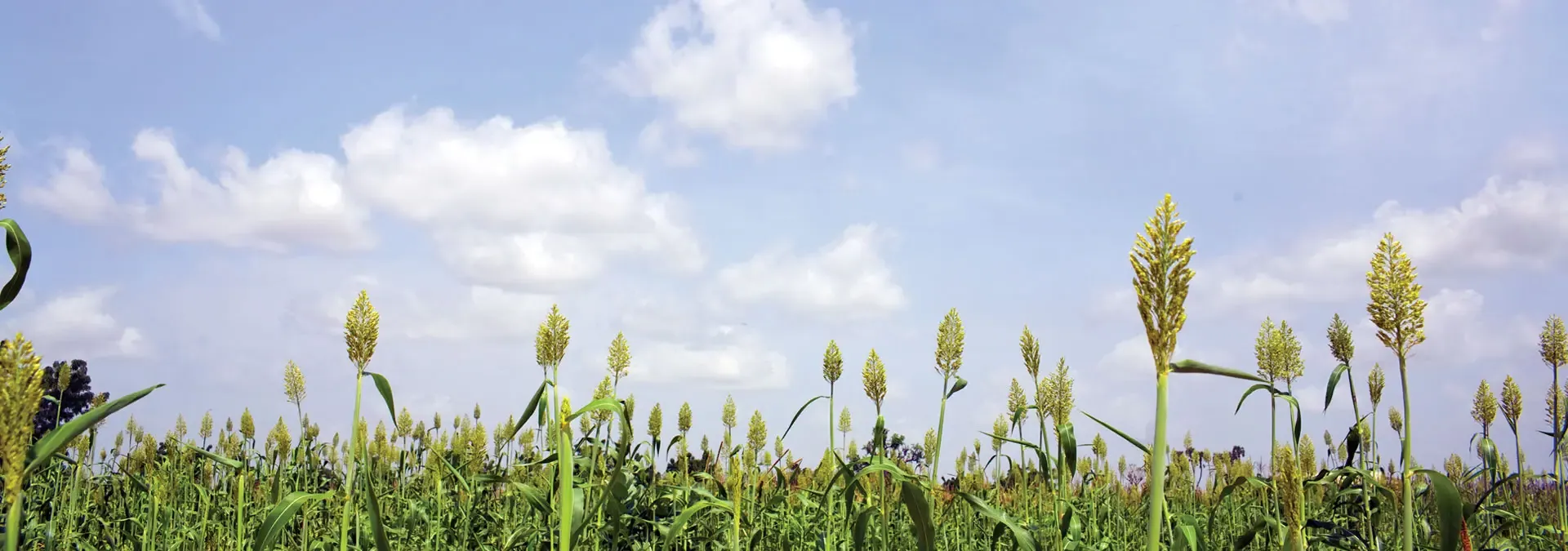
Breaking Down Barriers for Women Farmers
Traditionally, women farmers have been an under-served community, as their cultural roles and social disparities have made it hard for them to access agriculture extension services, and to qualify for bank loans needed to fund businesses. They often manage household income but can be locked out from earning sufficient income on their own.
“Our previous research in Ghana demonstrated that integrating services for women farmers and providing them with better access to financial support can not only increase income but improve food security, diet quality, and social well-being,” explained Dr. Grace S. Marquis, Associate Professor in Human Nutrition, McGill University, School of Human Nutrition, Montreal, Canada.
“So, we designed a project, called Linking Up, to work with local institutions to help provide women with such funding and support.”
The project is one of the finalists for the 2021 Olam Prize for Innovation in Food Security, which aims to support scientific research that can deliver transformational impacts within global agriculture. Awarded in partnership with Agropolis Fondation, the Prize recognises an innovative scientific research project for its potential impact on the availability, accessibility, affordability and adequacy of food, in line with UN SDG#2: End Hunger. The winner will be announced this September and receive a US$75,000 grant for scaling up their proven research.
“Our previous research indicated the clear need for interventions,” Dr. Marquis continued. “We know that in Upper Manya Krobo District, food insecure households were associated with women having no formal education. Being food insecure was associated with riskier health behaviours and poorer child health outcomes.“

Linking Up started with acquiring a deep understanding of the barriers to women’s involvement in farmer-based organisations, where farmers share their experiences and insights, and access resources. That understanding led to the development of an intervention model which enables women to access low interest rate loans managed by the local rural bank, alongside financial/business, health and nutrition training. About 160 women are involved in the programme to date. The project is also testing different methods to support their education, including weekly mobile messages.
“Conclusive results aren’t available yet, but the anecdotal reports are very encouraging,” Dr. Marquis said. “For instance, one women’s group in Yilo Krobo went into vegetable production and was not only able to pay off their loan before the bank’s due date, but also organised a fund-raising ceremony to purchase equipment to help share agriculture and other information within the community.”
“Our goal is to scale up the programme to become a long-lasting community development model, which will enable public and private institutions to work together to improve incomes, livelihoods and nutrition amongst rural households. We hope this will empower women farmers in other parts of Ghana and beyond,” she added.
If you’d like to know more about this project or get involved, please contact Dr. Grace Marquis or Dr. Esi Colecraft below.


